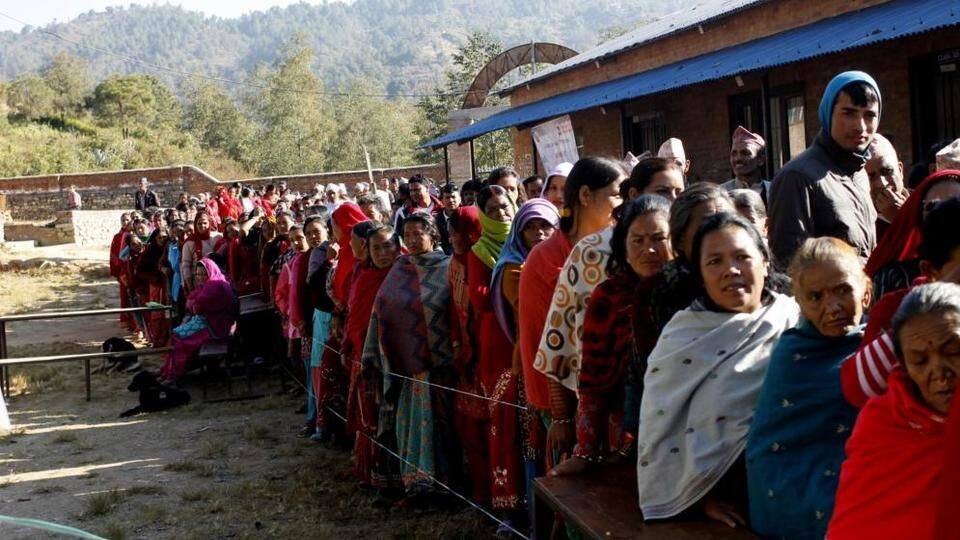
Nepal votes in landmark elections, the first since 1999
What's the story
The people of Nepal are voting in a landmark general election, the country's first since 1999, a decade after monarchy was abolished in 2008. Though there were incidents of violence in the run-up, today remained mostly incident-free apart from some "minor complaints". A second phase will happen on December 7. Citizens are hoping with this election, Nepal will become a federal republic.
History
A 10-year civil war and the abolishment of monarchy
In February'96, the Communist Party of Nepal (Maoist) launched an armed rebellion against the government to dethrone the monarchy and establish a people's republic. By the time it ended in 2006 with the signing of the Comprehensive Peace Accord, 19,000 people had died and 1,50,000 displaced. It took another decade to adopt a new constitution in 2015; even that was controversial for different groups.
Parties
Who are fighting these elections?
Fighting these landmark elections is the centrist Nepali Congress Party, believed to be a pro-India group, in a loose alliance with Madhesi parties and former royals. The Congress Party is facing an alliance of the Communist UML party, the main opposition, which has formed a tight-knit alliance with former Maoist rebels. The opposition is considered closer to China.
Violence
The run-up to the polls was violent
In the run-up to the elections, Maoist splinter groups were blamed for blasts, targeted shootouts on politicians, landmines, attacks on civilians and more incidents of violence. The army said it had defused 30 IEDs in the last two days alone. At least 17 people were injured, some seriously. However, there were no reports of casualty on polling day, despite disruptions at a few booths.
Polls
15mn voters will cast their ballot this time
In the first phase, 3mn voters across 32 districts will cast their ballot. Overall, 15mn would vote, including those in 45 districts in the next phase, to will pick a 275-member legislature. Voting started at 7am and closed at 5pm. "The government changes every nine months and don't get to do any work. We hope that will change," said farmer Gyan Bahadur Thapa.
Significance
What do these polls mean for India?
The results are expected to affect which among India and China will have a stronger influence on the country. Both have their eyes on Nepal's potential as a major source of hydropower. For Nepal itself, these polls are likely to lay the basis for its transition into a federal state. The constitution declares Nepal a federal democratic republic, divided into seven states.